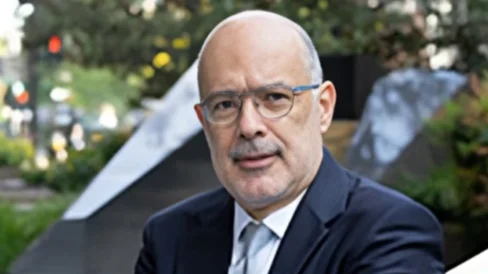An International Monetary Fund (IMF) team, led by Olaf Unteroberdoerster, has concluded discussions with Côte d'Ivoire's authorities on the economic and financial programs and climate reforms supported by the Extended Fund Facility (EFF), the Extended Credit Facility (ECF), and the Resilience and Sustainability Facility (RSF). The talks occurred from March 24 to April 9 and focused on the progress and future measures under these arrangements, which were previously approved by the IMF Executive Board in 2023 and 2024.
Olaf Unteroberdoerster stated, "After constructive discussions with the Ivoirian authorities, I am pleased to announce that we have reached a staff-level agreement on all policies and reform measures in line with the programs’ objectives. Performance under the two programs has remained satisfactory, and agreement was reached on the forward-looking policy measures and structural reforms."
The EFF and ECF arrangements total SDR 2.6 billion (approximately US$3.5 billion), while the RSF arrangement amounts to SDR 975.6 million (about US$1.3 billion). According to Unteroberdoerster, these programs aim to maintain a fiscal deficit target of 3 percent of GDP by 2025, aligning with the WAEMU deficit norm and including plans to strengthen domestic revenue mobilization, public financial management, and governance.
On the RSF, the discussions emphasized the timely implementation of climate reforms due in 2025 and into 2026. These reforms focus on climate transition taxonomy and disclosure frameworks, catalyzing green private investment, and reducing greenhouse gas emissions.
Côte d'Ivoire's economy is expected to grow beyond 6 percent in 2025. "Côte d’Ivoire’s economy remains resilient, and growth is expected to pick up in 2025 to above 6.0 percent," noted Unteroberdoerster. This growth is attributed to a rebound in agriculture, favorable trade terms, and expansion in the hydrocarbon, mining, and services sectors, with international cocoa prices and lower oil prices contributing to narrowing the current account deficit below 4 percent of GDP.
The medium-term revenue mobilization strategy aims to create substantial fiscal space for infrastructure and social investments, respecting the WAEMU fiscal deficit norm. "For 2026 and beyond, continued strong domestic revenue mobilization (DRM) efforts... will create significant additional fiscal space to finance high-priority infrastructure and social investments," said Unteroberdoerster.
The IMF team consulted with several key Ivoirian figures, including Vice President Tiémoko Meyliet Koné and Prime Minister Robert Beugré Mambé, as well as officials from the BCEAO and representatives from the business sector and development partners.

